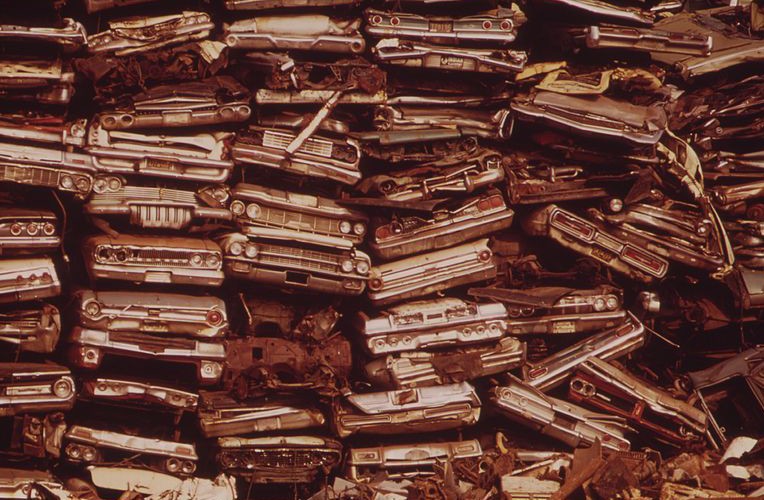We may have already reached peak car in America (and in many other countries). Some of the next automobiles will likely aim for disruption the way ridesharing has, whether they’re EV community cars or driverless. Certainly urban planners want our cities to be less clogged and choked by them.
In “End of the Car Age,” a Guardian article, Stephen Moss smartly analyzes the likely shrinking role of automobiles in major urban centers. The writer sees a challenging if necessary transportation revolution approaching, with mobile information playing a large part in what comes next. The future may not be Masdar City, but it won’t be the Manhattan we’ve long known, either. The opening:
Gilles Vesco calls it the “new mobility”. It’s a vision of cities in which residents no longer rely on their cars but on public transport, shared cars and bikes and, above all, on real-time data on their smartphones. He anticipates a revolution which will transform not just transport but the cities themselves. “The goal is to rebalance the public space and create a city for people,” he says. “There will be less pollution, less noise, less stress; it will be a more walkable city.”
Vesco, the politician responsible for sustainable transport in Lyon, played a leading role in introducing the city’s Vélo’v bike-sharing scheme a decade ago. It has since been replicated in cities all over the world. Now, though, he is convinced that digital technology has changed the rules of the game, and will make possible the move away from cars that was unimaginable when Vélo’v launched in May 2005. “Digital information is the fuel of mobility,” he says. “Some transport sociologists say that information about mobility is 50% of mobility. The car will become an accessory to the smartphone.”
Vesco is nothing if not an evangelist. “Sharing is the new paradigm of urban mobility. Tomorrow, you will judge a city according to what it is adding to sharing. The more that we have people sharing transportation modes, public space, information and new services, the more attractive the city will be.”•
Tags: Gilles Vesco, Stephen Moss

